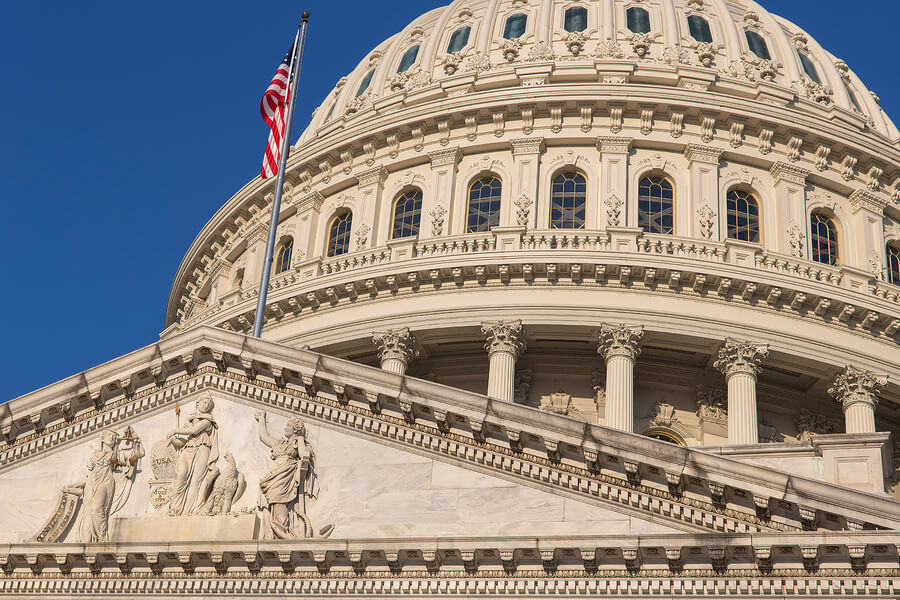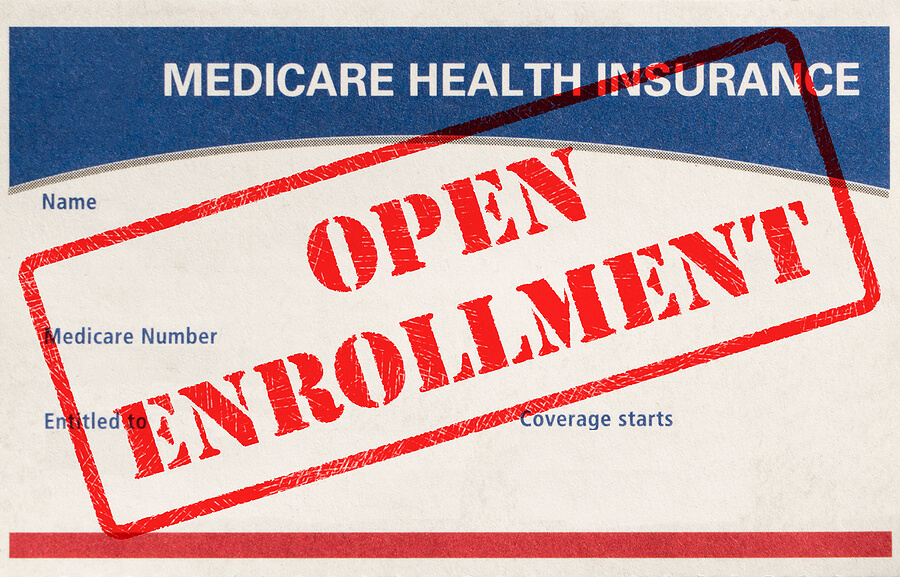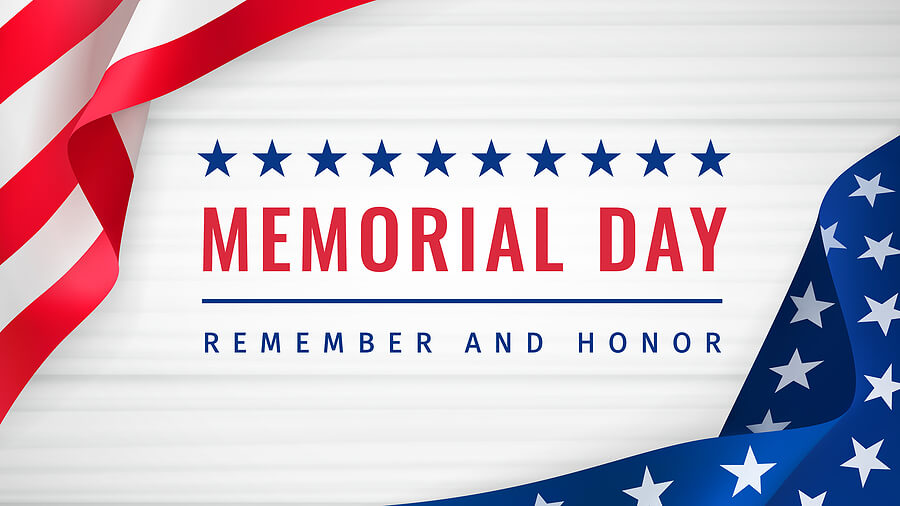New York State residents shouldn’t overlook a crucial and potentially costly component of their estate planning: New York State’s estate tax cliff. If your estate falls within the $7 million to $14 million range, it is imperative to address this issue now—before it results in an unnecessary and substantial tax burden on your heirs.
Understanding the New York Estate Tax Cliff
Unlike the federal estate tax, which imposes a tax on assets only above the exemption threshold, New York State’s estate tax has its own exemption and a unique twist—commonly referred to as the “estate tax cliff.”
As of 2025, the New York State estate tax exemption is approximately $7.16 million. However, if your taxable estate exceeds 105% of this exemption (i.e., roughly $7.518 million), the entire estate becomes subject to taxation, not just the portion that exceeds the exemption.
This means a modest increase in the size of your estate can trigger a disproportionately large tax liability. Depending on the estate’s size, New York’s estate tax rate can range from 3.06% to 16%, which—while lower than federal rates—can still result in the loss of hundreds of thousands or millions of dollars if not planned for properly.
Illustrating the Cliff: A Hypothetical Example
Let’s consider a simplified example (with numbers subject to update based on current tax tables):
- Taxable estate value: $7,518,000
- NYS estate tax liability (if no planning): approximately $707,648
However, with appropriate estate planning—specifically the inclusion of a charitable bequest clause—this tax liability can potentially be eliminated.
By making a charitable gift equal to the amount that exceeds the exemption threshold, your estate can effectively reduce its taxable value and avoid falling off the tax cliff. For example:
- Charitable bequest: $358,000
- Revised estate tax liability: $0
- Net savings to heirs: approximately $349,647
(Please note: these figures are illustrative only and must be calculated based on current exemption amounts and your actual estate value.)
What Is a Charitable Savings Clause?
A Charitable Savings Clause—also known as a conditional or formula-based charitable bequest—is a provision in your Last Will and Testament that directs a charitable donation only if your estate exceeds the New York exemption threshold.
This clause typically activates upon the death of the surviving spouse when the estate is fully exposed to estate tax. If the estate’s value places it in danger of crossing the 105% threshold, the charitable bequest effectively “brings it back” within the exempt range—preserving more of the estate for heirs while supporting a cause of your choosing.
We typically draft this provision as a “provisional charitable gift” so it’s only triggered if needed. This flexible approach ensures that your legacy remains intact regardless of minor fluctuations in estate value or exemption thresholds.
Other Ways to Avoid the Cliff
Other techniques can be used to avoid an Estate being taxable in New York when it does not owe tax Federally. Two common techniques are the use of credit shelter trusts for spouses and lifetime gifting.
When you have a married couple, the first spouse to pass away can leave assets in a trust for the surviving spouse in a way that those assets are not part of the surviving spouse’s taxable estate. This allows couples to shield more assets from estate tax and ensures the first spouse makes use of his New York estate tax exemption.
In New York, lifetime gifts are not taxed and do not count towards the estate tax exemption. This is different than Federal estate tax, which combines lifetime taxable gifts with estate value to determine the gross estate for tax purposes. If a person is above the New York estate tax threshold but below the Federal estate tax threshold, lifetime gifting to family members can be a good strategy for avoiding estate tax. And as New York has its Estate Tax Cliff, a taxable estate can cost hundreds of thousands or millions of dollars.
Your Estate Planning Checklist to Avoid the Cliff
Accurately determine your estate’s current value. Include all real estate, investments, retirement accounts, business interests, and life insurance proceeds.
Estimate your New York State estate tax exposure. Work with a qualified estate planning attorney or financial advisor to run projections based on your assets and the current exemption.
Determine the charitable deduction required. Calculate the necessary bequest to reduce your taxable estate below the threshold to see if this is your best option.
Add a Charitable Savings Clause to your Will. This ensures flexibility and effectiveness in case the estate triggers the tax.
There’s more you can do to avoid the New York State estate tax. Proper planning including the use of credit shelter trusts and lifetime gifting can also help avoid the New York estate tax cliff.
Communicate your plan to your executor and heirs. Clear communication helps avoid confusion and ensures that your wishes are honored.
Annual Review Is Essential
Because New York’s estate tax exemption is adjusted annually for inflation, and because your estate’s value can fluctuate over time, regular reviews of your estate plan are critical. An estate that is exempt this year could become taxable next year, and vice versa. We recommend reviewing your estate plan annually, especially if your estate is near the exemption threshold or if you anticipate major changes in assets, family dynamics, or charitable goals.
Filing Considerations
New York State requires that estate tax returns be filed within nine months of the decedent’s death. A three-month extension may be requested, but the tax itself must still be paid by the original due date to avoid interest and penalties. Advance planning allows your executor to fulfill these obligations in a timely and efficient manner.
New York’s estate tax cliff is a harsh trap that can be avoided with foresight and proper legal drafting. A modest charitable gift can protect your estate from significant tax liability, preserve your family’s inheritance, and support the philanthropic causes you care about.
If your estate is nearing or exceeding the New York estate tax exemption amount, we encourage you to contact our office for a confidential consultation. We will review your current estate plan and ensure that you remain on solid financial—and legal—ground.









